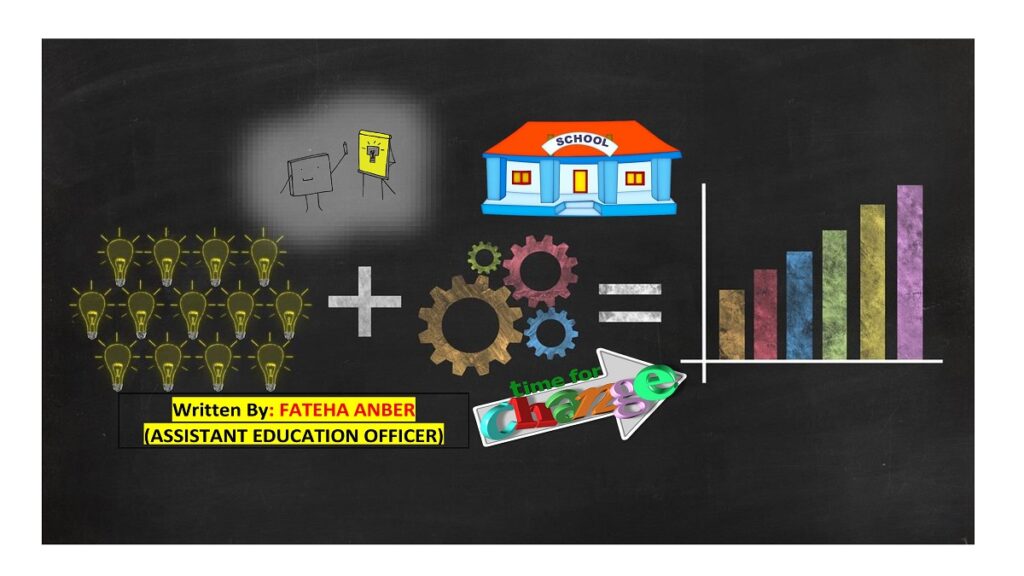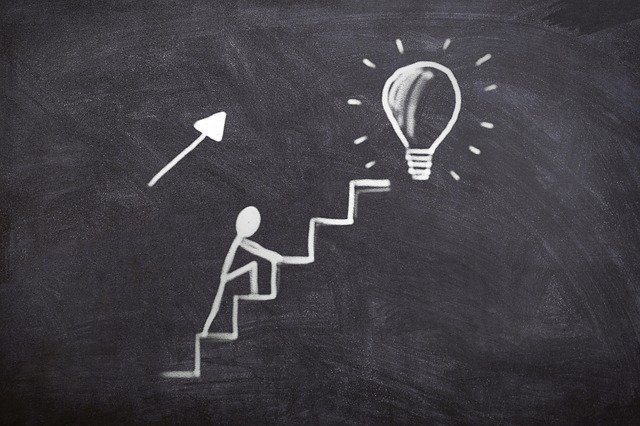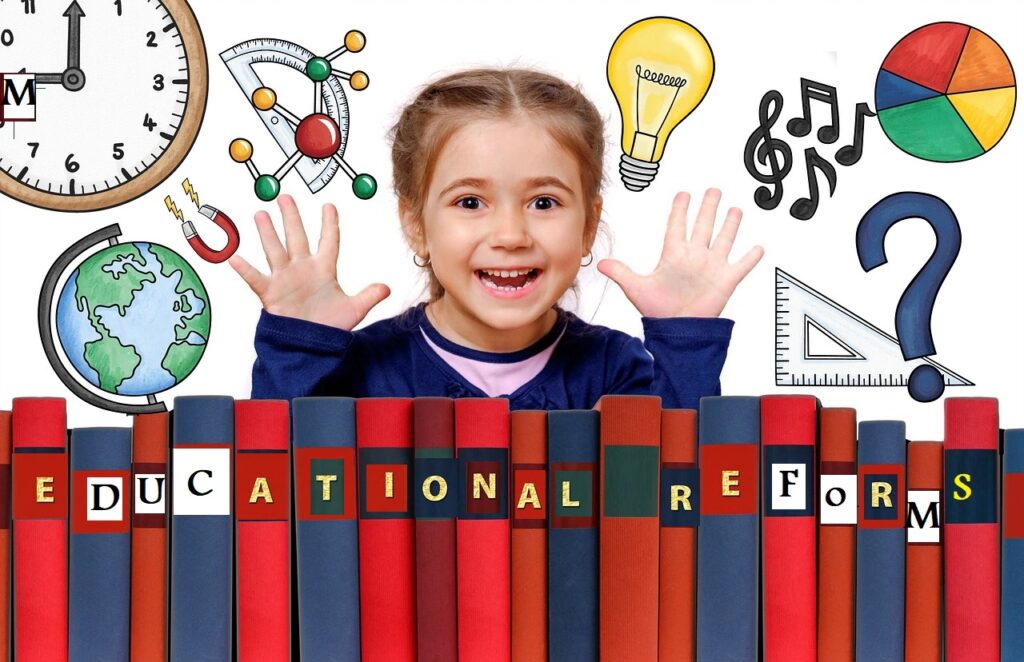
Education reforms main image
Education is one of the major factors of nation-building. Developed countries have achieved multiple progress in different fields possibly due to Educational reforms in system. However, the situation of the education system of Pakistan is quite averse as compared to any developed country. The education system of Pakistan is still facing a wide range of issues. From curriculum to teachers’ training; insufficient GDP, out-of-school-children (OOSC), poor infrastructure, cheating in exams, lack of policy implementations, and many more issues. Unfortunately, such issues keep us far from the quality of education. In such a scenario, Pakistan needs educational reforms in the education system like:
- The implementation of a Single National Curriculum
- An increase in GDP of the education sector
- The establishment of new schools
- Improvement of facilities in existing schools
- Scholarships for deserving students
- Eradication of cheating from exams and most important to rule out corruption.
Global Overview
Apart from quality education, we have failed in multiple indicators on the global level. Pakistan got 134th position out of 157 countries in the Human Capital Index in 2021. The same year, out of the 132 economies, Pakistan ranked 99th in the Global Innovation Index – this rank shows Pakistan’s low literacy rate and lack of notable investment in research, education, and development, with the lowest performance in the workforce, research, and market sophistication.

The latest Education policy of Pakistan 2021 includes free and necessary education for individuals. According to the Constitution of Pakistan, “The state shall provide free and compulsory education to all children of the age group 5 to 16 years in such a manner as may be determined by law.” But, more than 22 million children are out of school, and pandemic days affected the education system affected so much. If we have to provide all children between five and sixteen years of free and compulsory education by law, reform in the education system is in dire need of time.

Click here to read our other informative articles and download educational content
Educational Reforms and Constitutional Amendment
The eighteenth constitutional amendment made provinces more responsible. So; for that, Government itself and the private sector must be on the same page. On the other hand provincial governments have to take steps for educational reforms in the education sector. Private schools are 26 percent of enrolment in rural areas and 59 percent in the urban population overall. But we should improve government-run schools in all basic and essential facilities such as drinking water, boundary walls, and toilets. Teacher absenteeism, nepotism, and corruption in appointments, postings, and transfers should be addressed on top.

IMMEDIATE EDUCATIONAL REFORMS NEEDED IN PAKISTAN:

- The quality of an education system is based upon the quality of its teachers. Pakistan needs to make policies to attract, reward, and retain high-quality teachers. Teachers should be given the best training. After all, the future of the nation is in their hands, because teachers are second parents to students.
- The schools must be encouraged to emphasize conceptual learning which keeps them away from the RATTA (Cramming) system. In this way, students will learn better and make concepts clear. After that, students will also be able to retain and apply their knowledge better in the future.
- Evaluation should be based on classroom participation by a student. Evaluating his/her projects, communication skills, leadership skills, assignments and extra-curricular activities instead of three hours exam. Numbers/marks should not be the only criteria to judge the abilities of a student. Only then the students will show their best and will evaluated at their best.
- Training of teachers, as well as Financial Packages of Teacher in both Government and private sector, have huge importance.
- Government should set unique pay level of Private school teachers. The pay of government school teachers needs to be attractive.
- Technology and skills introduction to students is mandatory.
- Schools must accept technology, education and skills on a broad canvas and pass the same to the students.
- The most important reform should be related to the job description of a teacher. All data of schools and teachers should be online. There should be less Extra duties of the teachers. Examples of such duties are dengue app activities, election and polio assignments.
- All data of schools must be online. The recurring demand of data like seniority of teachers, area and number of trees of school, sanction post, etc. All such information must be online.
- In most of the schools STR (student Teacher Ratio) is high. This type of extra work on regular basis neither makes the environment of the school child friendly nor teachers friendly.
Keep in view all above discussion; Pakistan is not the only country that is trying to improve the education system and its standards. Most the South Asian countries are making efforts to improve the education system.
Written By: FATEHA ANBER (ASSISTANT EDUCATION OFFICER)




I blog frequently and I seriously appreciate your content. This article has truly peaked my interest. I am going to book mark your website and keep checking for new details about once per week. I opted in for your RSS feed as well.
good points raised… There must be facilities for teachers like transport, house facilities, free medical treatment and schlorships for teachers children for higher education. Teacher must have mire respect in the society against all other professions.These steps reduces the stress of low income and they can fulfill her/his duties more efficiently.
Veey good points. Nd administration and management should be decentralized as after 75 years we have aproximately same managerial system. Schools should be allowed to work more independently and with visionary leadership like a private school.
Teachers sometimes feel ambivalent about additional duties. On one hand, they feel an obligation to be a team player, especially if their officers personally ask them to take on a new responsibility. But on the other hand, their first responsibility is to teach, and some of these extra roles take time and focus away from their main work. It’s a delicate balance, so government should take some steps to help them avoid feeling pressured .